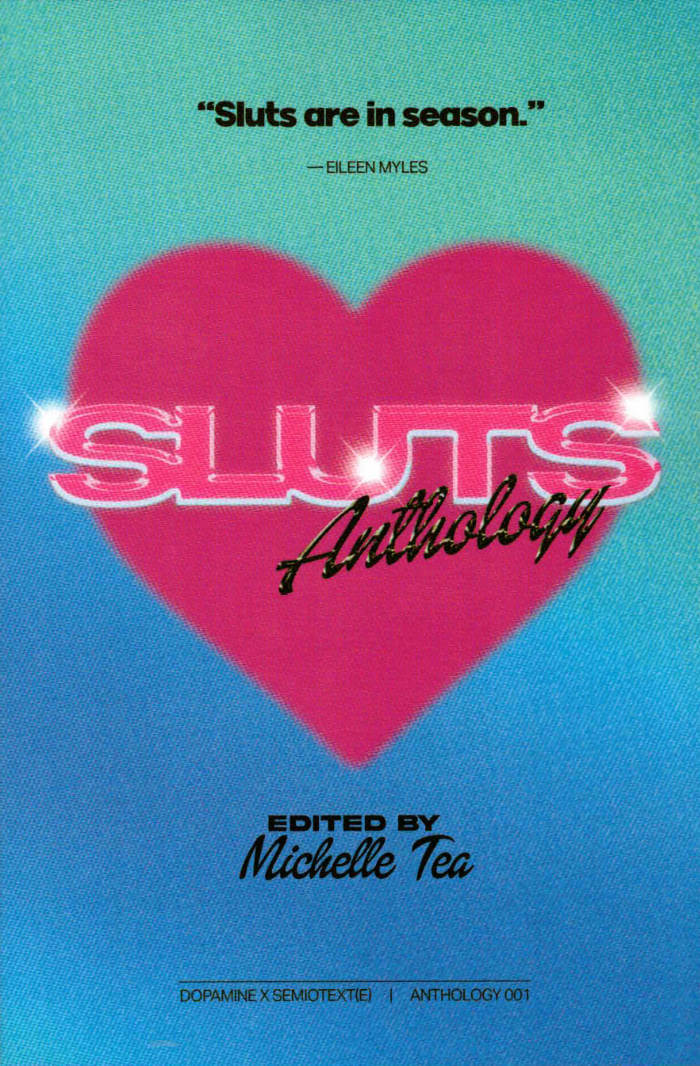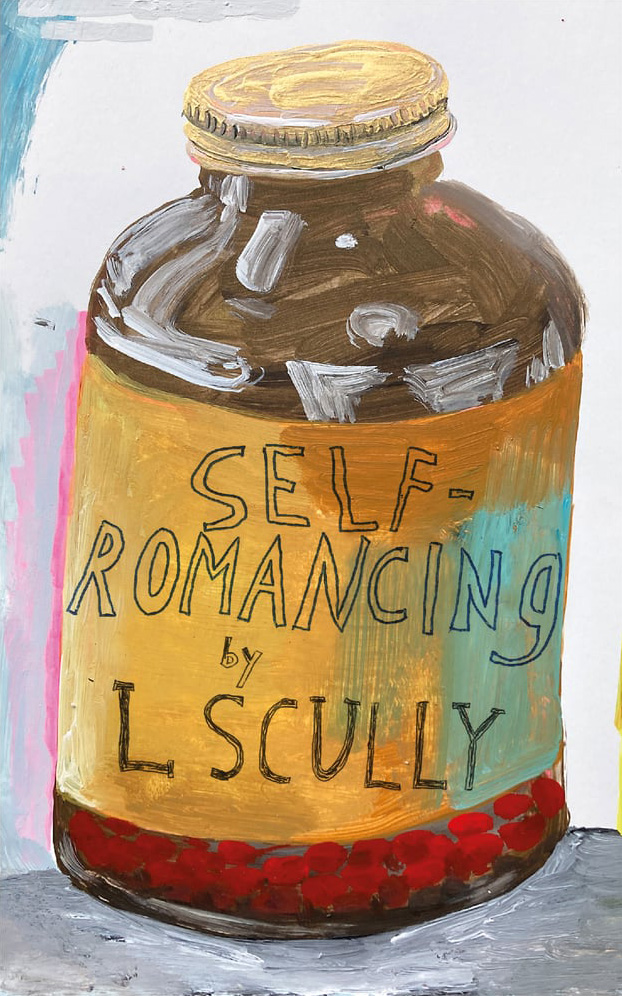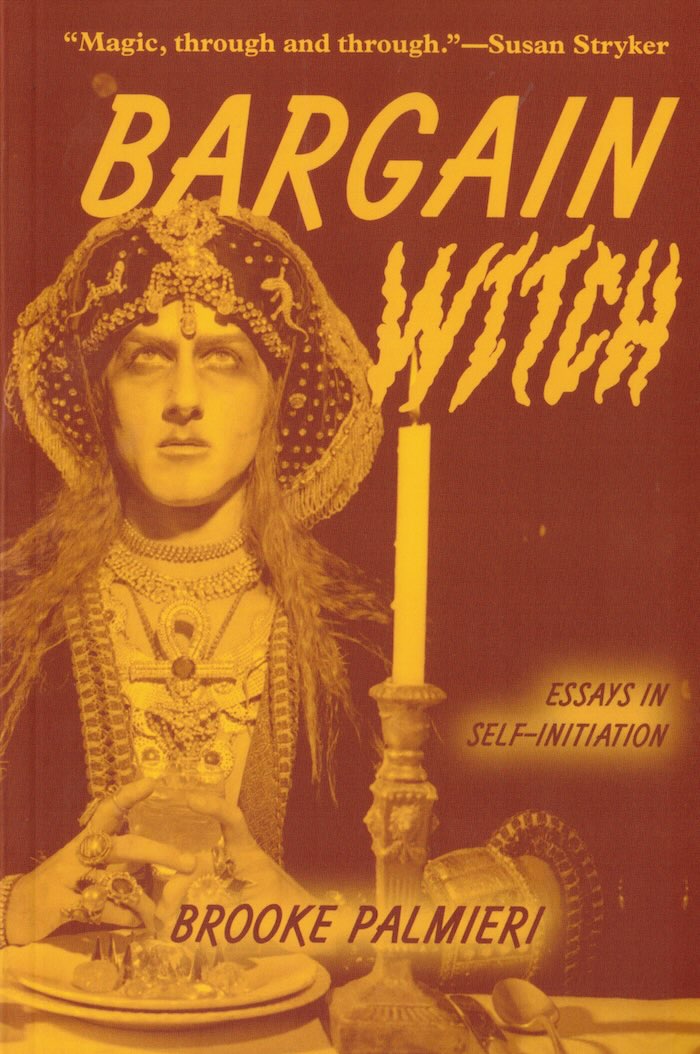
Sluts: Anthology
Michelle Tea ed.
What it means to be sexually promiscuous in contemporary American culture, edited by cult-favorite author Michelle Tea.
SLUTS, the first publication from vulgarian queer publisher DOPAMINE BOOKS, is an exploration of what it means to be sexually promiscuous in contemporary American culture. Featuring personal essays, spilled secrets, fiction, memoir, and experimental works, SLUTS asks writers and readers to investigate the many ways the notion of the slut impacts our inner and outer lives, as a threat or an identity, a punishment or an aspiration, a lifestyle, an aesthetic, a philosophy and rallying cry. From hideous and terrifying first encounters to postapocalyptic polyamory, from unionizing sex workers to backstage tableaux of sex and drugs and rock and roll, SLUTS's stories probe the liberating highs and abject lows of physical abandon. Featuring work from performer Miguel Gutierrez, hailed by the New York Times as “an artist of ordered excess”; former Nylon magazine editor in chief Gabrielle Korn; award-winning author Brontez Purnell; Whore of New York author Liara Roux; National Book Critics Circle Award winner Jeremy Atherton Lin; and a host of additional artists and writers, SLUTS reveals the knowledges provoked by a dalliance with desire.
Contributors
DL Alvarez, Vera Blossom, Chloe Caldwell, Cristy Road Carrera, Sam Cohen, Tom Cole, Lydia Conklin, jimmy cooper, Lyn Corelle, Jenny Fran Davis, Cyrus Dunham, Hedi El Kholti, Robert Glück, Miguel Gutierrez, Gary Indiana, Taleen Kali, Cheryl Klein, Gabrielle Korn, Jeremy Atherton Lin, Nate Lippens, Meredith Maran, Carta Monir, Amanda Montell, Carely Moore, Bradford Nordeen, Baruch Porras-Hernandez, Kamala Puligandla, Brontez Purnell, Liara Roux, Andrea Sands, Daviel Shy, Jen Silverman, Anna Joy Springer, Laurie Stone, McKenzie Wark, Zoe Whittall.







